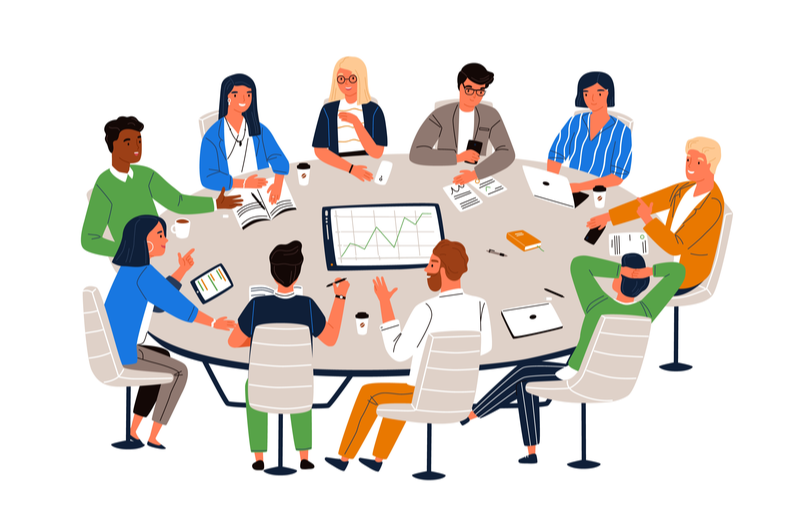That’s John Gerzema, president of the Harris Poll speaking. “And we’ve had two stats that have basically been intertwined like two pieces of spaghetti this entire year,” he continues. “Fear of dying from covid, which is 54% right now, and fear of losing your job, which is at 53%. The two keep going up and down with each other.”
“It’s a scary time,” says this veteran pollster, whose firm continually surveys citizens about a wide range of issues. “We’ve had this constant level of fear–in the mid-70% range, across different things like ‘fear of global recession,’ ‘fear of leaving home for essential errands,’ ‘fear of returning to public activity.’” He says three-quarters of Americans are just afraid to do things like go to the movies or ride the subway.

But alongside the fear have arisen some surprising new attitudes, many of them setting in globally, during this uniquely-stressful and uncertain year, says Gerzema. “People around the world feel that governments have left them to fend for themselves,” he says. Amazingly, Harris research finds that 62% of people globally believe that the people running their country don’t really care what happens to them. But he is struck by one of the near-universal responses to that: “We see very high marks for business, which people feel has basically kept things running.”
“People are giving the business sector wide lattitude to get more involved in solving social issues,” he says. “That’s very connected to high degrees of trust around industry sectors, which we haven’t ever seen before.” For example, Harris data shows that trust in the pharmaceutical industry has gone up this year by a full 33 percentage points. Trust in telcos has risen 34 points, and trust in the technology industry 37 points. “In past financial crises, business has been seen as part of the problem,” says Gerzema. “This time it’s part of the solution.”
In the United States there’s another quite positive trend that has arisen alongside all the fear, Gerzema reports. “Gratitude and thankfulness is polling at much higher levels than the mundane, day-to-day sorts of things like cloistrophobia and anger.”
So how scared should you be, really? To hear more detail about public sentiment directly from Gerzema, join a Techonomy roundtable this Friday at 1pmET, on that very topic. “How Scared Should We Be?” will pair this expert on public opinion with veteran pundit and author Zachary Karabell, who recently launched The Progress Network, in partnership with New America. It brings together writers and thinkers who believe good things are still possible in our future, and want to help motivate us to get them going. So we won’t just be discussing fear, but also how to get beyond it.



















